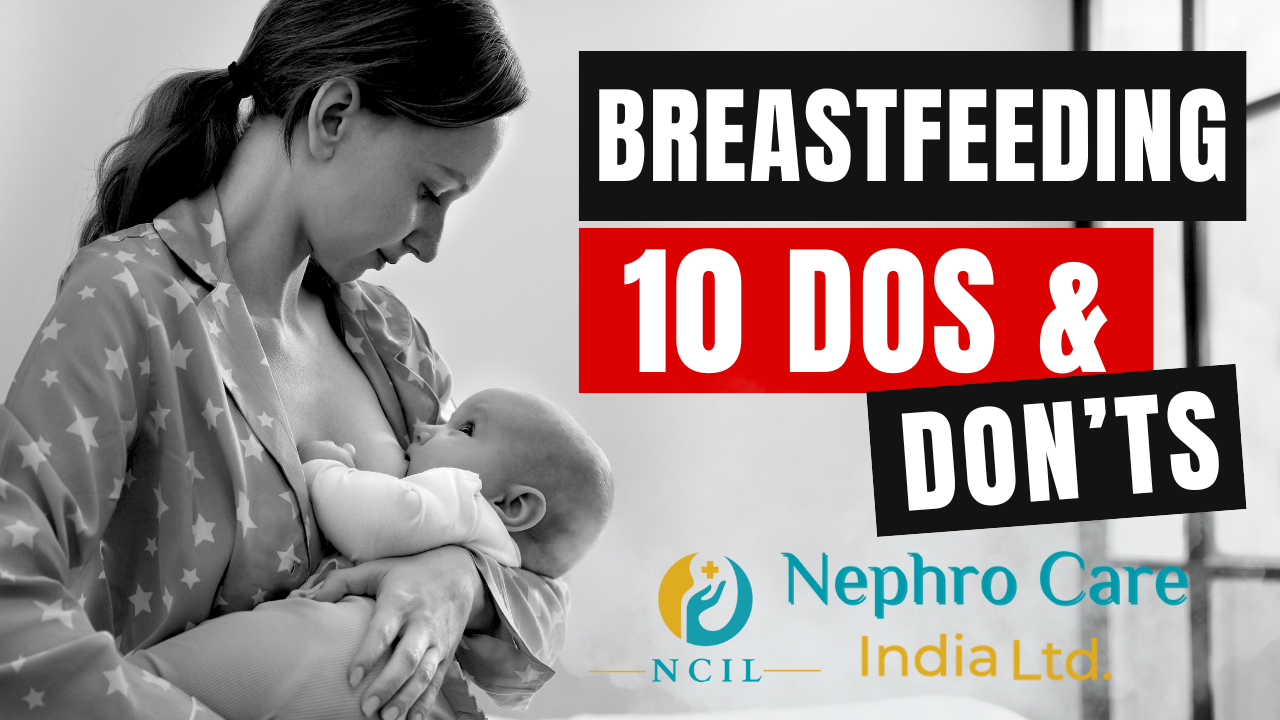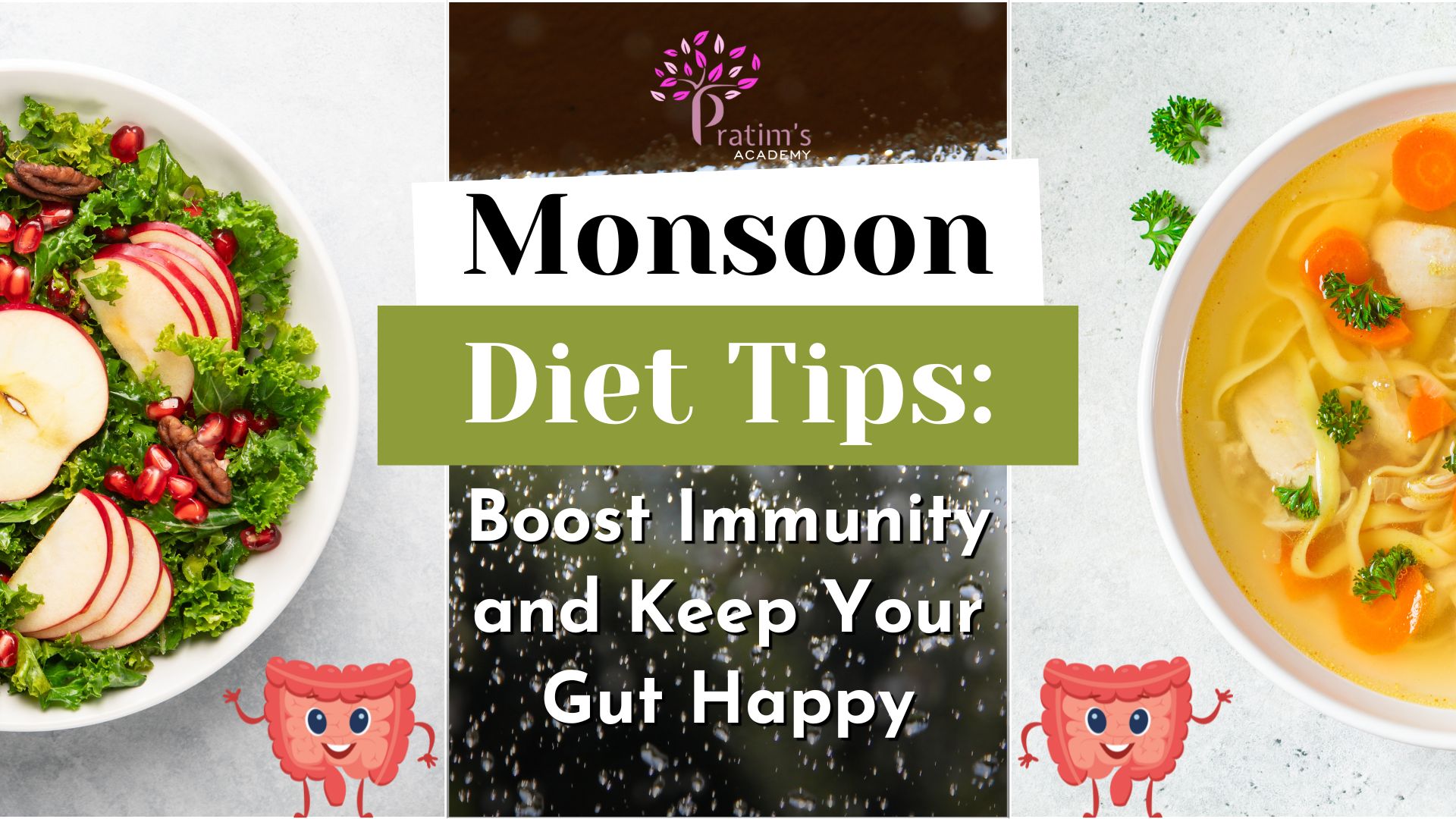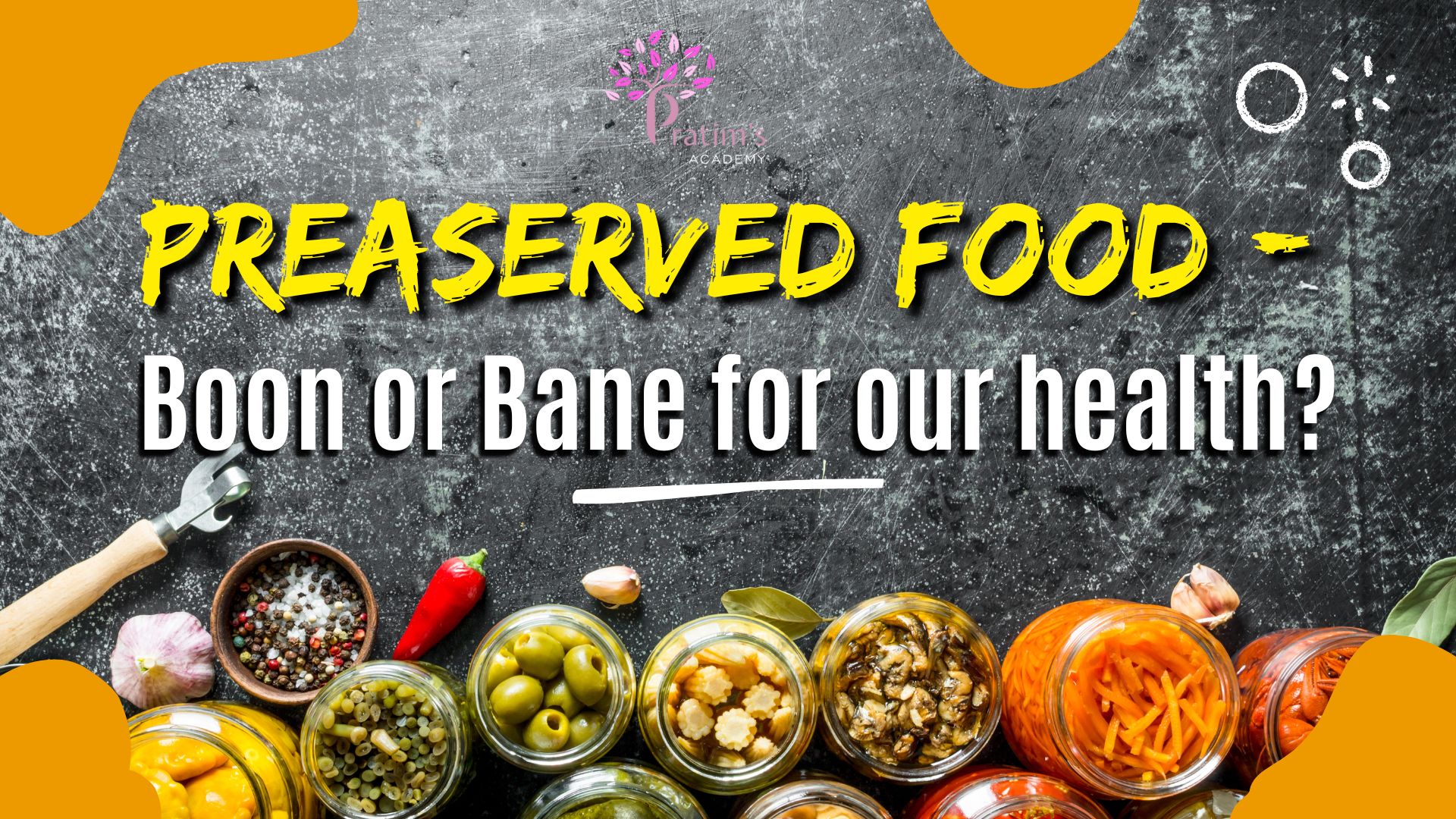
- 516
- 0
10 DOs and DON’Ts of Breastfeeding
Breastfeeding is an incredible journey with many benefits for both you and your baby. While it can be challenging, understanding the dos and don’ts can make the process smoother and more rewarding.
The Benefits of Breastfeeding
Breastfeeding significantly benefits both infants and mothers. It significantly lowers the risk of sudden infant death syndrome and respiratory infections in infants. It also helps prevent skin problems and reduces the likelihood of childhood leukemia. Additionally, breastfeeding can contribute to a lower risk of obesity, asthma, and type 1 diabetes later in life. For mothers, it helps lower the risk of postpartum depression and other health issues such as lowers the risk of breast cancer and ovarian cancer.
It offers significant economic and environmental benefits. By increasing breastfeeding rates, healthcare costs can be reduced due to a lower prevalence of various illnesses. Additionally, it is environmentally friendly, as it eliminates the need for packaging, fuel for preparation, and transportation, thereby reducing our carbon footprint.
Dos of Breastfeeding

- Do Plan to Breastfeed: If possible, make breastfeeding your first choice as most women can do it successfully.
- Do Consult with Medical Professionals: Discuss any medications you’re taking with your doctor to ensure they are safe for breastfeeding.
- Do Seek Help from Lactation Consultants: These specialists can guide you through breastfeeding techniques and solve any early-stage problems.
- Do Stay Hydrated: Make sure to drink plenty of water, around 8-10 glasses daily, to keep yourself hydrated and support milk production.
- Do Consider Alcohol and Drug Consumption: Alcohol and THC from marijuana (Cannabis) can pass into your breast milk and increase health risks for you as well as for your breastfeeding baby. Limit alcohol and marijuana intake and avoid smoking.
- Do Get Vaccinated: Keep up with your vaccinations, as most are safe during breastfeeding, except for smallpox and yellow fever.
- Do Be Flexible: Adjusting to breastfeeding might require changes in your routine. If it becomes too challenging, remember there are good alternatives, and you are not failing as a mother.
- Do Exclusively Breastfeed for Six Months: Provide only breast milk for the first six months, then introduce other foods while continuing nursing.
- Do Ensure Proper Latch: A good latch prevents sore nipples and ensures your baby gets enough milk. If you’re in pain, seek help from a healthcare provider.
- Do Support from Family and Friends: Partners and family members can help with baby care and household chores to support breastfeeding mothers.
Don’ts of Breastfeeding

- Don’t Beat Yourself Up: If you can’t or choose not to breastfeed, it’s okay. Alternatives like donated breast milk are available.
- Don’t Rely Solely on Non-expert Advice: Get your information from medical professionals, not just friends and family.
- Don’t Panic When Milk Comes In: When your milk first comes in, your breasts might become engorged. Hand express or pump some milk if needed.
- Don’t Try to Do Everything: The first weeks can be exhausting. Accept help from friends and family.
- Don’t Smoke Cigarettes: Avoid smoking altogether, as it’s harmful to both you and your baby.
- Don’t Ignore Your Partner: Involve your partner in feeding routines to help them bond with the baby and provide you with support.
- Don’t Quit Breastfeeding Due to Illness: If you get sick, continue nursing unless advised otherwise. Keep pumping to maintain milk supply even if you can’t nurse temporarily
- Don’t Forget to Breastfeed Soon After Birth: Start nursing within the first hour of birth to give your baby the best start. Seek support from healthcare professionals or experienced family members if you face difficulties.
- Don’t Let Your Baby Fall Asleep While Feeding: Ensure your baby is actively feeding and not just dozing off to help them get enough milk and develop good sleep habits.
- Don’t Forget to Express Milk When Needed: Pumping and storing breast milk can help maintain milk production and ensure your baby gets the nutrition they need when you’re away.
To quit smoking please go through our current blog 👇👇
Breastfeeding is a personal experience with its own set of challenges and benefits. With proper support and information, you can make the best choices for you and your baby. Keep in mind that every drop of breast milk is valuable, and you’re doing a fantastic job!
Reference
Dr. Kaninika Mitra, Breastfeeding: The Best Possible Start in Life: Unicef India
Tamaro, Janet. So That’s what They’re For!: The Definitive Breastfeeding Guide. Simon and Schuster, 2005.
Labbok, Miriam H. “Effects of breastfeeding on the mother.” Pediatric Clinics of North America 48.1 (2001): 143-158.
Burgio MA, Laganà AS, Sicilia A, Prosperi Porta R, Porpora MG, Ban Frangež H, DI Venti G, Triolo O. Breastfeeding Education: Where Are We Going? A Systematic Review Article. Iran J Public Health. 2016 Aug;45(8):970-977.
Brown A. What do women really want? Lessons for breastfeeding promotion and education. Breastfeeding medicine. 2016 Apr 1;11(3):102-10.
Comment
Check Your EGFR
***We Promise, no spam!








